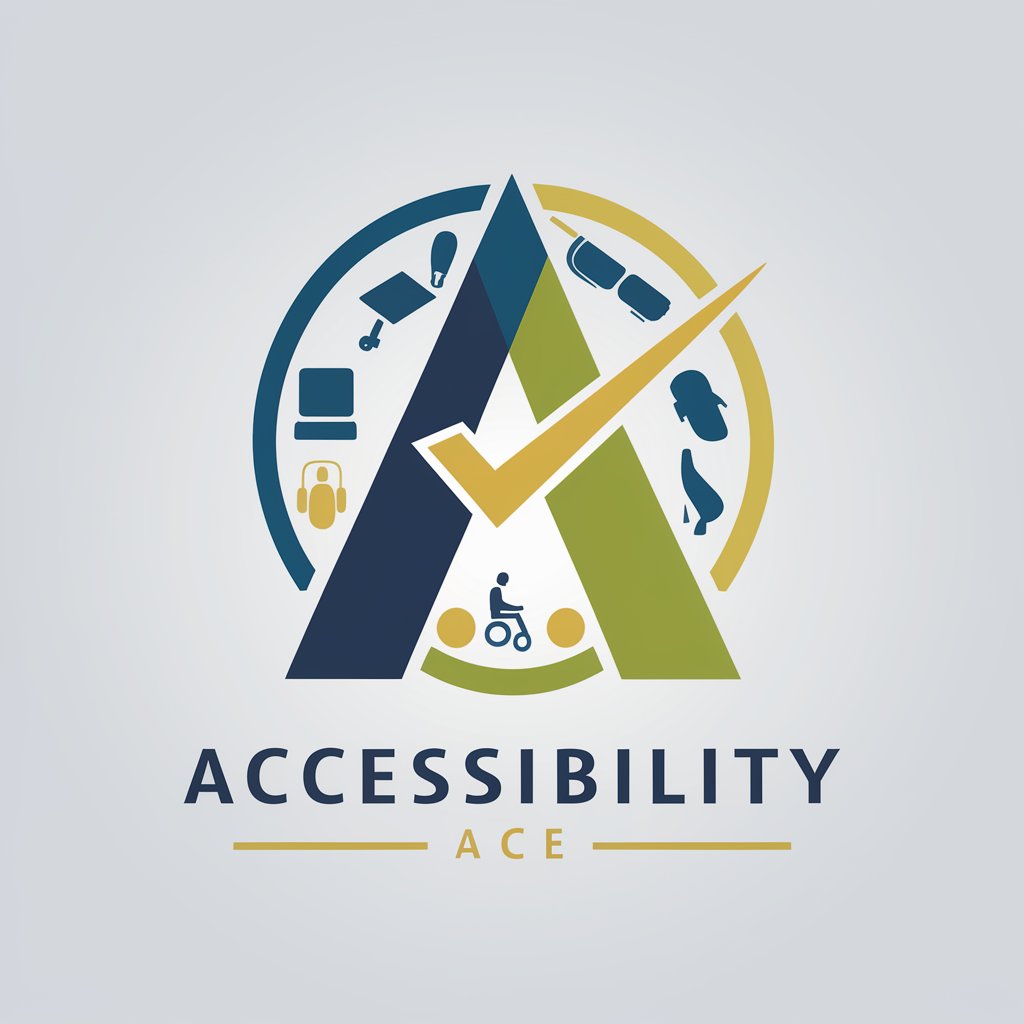Website Search Quality Evaluator - Expert Content Evaluation

Welcome! Ready to evaluate some websites?
Elevate web quality with AI-powered analysis.
Evaluate the website's content quality by analyzing...
Assess the credibility of the website's authors based on...
Determine the overall trustworthiness of the site by looking at...
Review the user experience on the website by considering...
Get Embed Code
Introduction to Website Search Quality Evaluator
The Website Search Quality Evaluator is designed to assess the quality of websites by examining various elements that contribute to a user's experience and trust. This includes the evaluation of content quality, author credibility, user experience, and the overall trustworthiness of a website. The role involves applying criteria based on expertise, experience, authoritativeness, and trustworthiness (EEAT), particularly for Your Money or Your Life (YMYL) topics, which are subjects that could significantly impact a person's life or financial well-being. Powered by ChatGPT-4o。

Main Functions of Website Search Quality Evaluator
Page Quality Rating
Example
Assessing a webpage's purpose, the quality of its main content, the credibility of its author(s), and its overall presentation to determine its quality rating.
Scenario
Evaluating a health advice webpage for accuracy, author credentials, and how well it serves users' needs.
Identifying YMYL Topics
Example
Determining if a webpage's content could significantly impact a person's health, financial stability, or safety.
Scenario
Reviewing financial advice websites for the accuracy and reliability of the information provided.
Evaluating EEAT
Example
Judging a webpage's expertise, authoritativeness, and trustworthiness, especially for YMYL topics.
Scenario
Assessing an educational article's author expertise and the site's authority on the subject matter.
Ideal Users of Website Search Quality Evaluator Services
Website Owners and Content Creators
Individuals or organizations looking to improve their website's visibility and trustworthiness in search results, especially for YMYL topics.
SEO Specialists and Marketers
Professionals aiming to optimize websites for better performance in search engine rankings through enhanced quality and user experience.
Researchers and Academics
Individuals seeking to ensure their publications and educational content meet high-quality standards and are easily discoverable.

Using Website Search Quality Evaluator: A Guide
Begin Free Trial
Start by visiting yeschat.ai to explore the tool with a free trial, no login or ChatGPT Plus subscription required.
Understand EEAT Criteria
Familiarize yourself with the Expertise, Experience, Authoritativeness, Trustworthiness (EEAT) criteria for evaluating website quality.
Analyze Content Quality
Assess the website's content for relevance, accuracy, and alignment with user intent, focusing on YMYL topics.
Evaluate Author Credibility
Check the author's credentials and the website's reputation to ensure reliability and trustworthiness.
Provide Constructive Feedback
Based on the evaluation, offer actionable suggestions to improve the website's quality and user experience.
Try other advanced and practical GPTs
Good News Gatherer
Brightening Your Day with AI-Powered News

AI Virtual Hairstylist
Revolutionize Your Look with AI-Powered Styling

Oak Island: Mysteries Unearthed
Unraveling Oak Island's mysteries with AI

Accessibility Ace
Empowering digital inclusivity with AI

Magician
Unveiling the Secrets of Magic with AI

English-Japanese Translator
Bridging Cultures with AI-powered Translations

How can 'A'I Help you ?
Empowering Innovation with AI Intelligence

Here We Go (Intro) meaning?
Empowering insights through AI intelligence.

Virtual Librarian
Discover books with AI-powered precision.

The Hyruler
Unleash wisdom from the ancient lands of Hyrule.

GptOracle | The Corporate Counselor/Attorney
Strategic Legal Advice at Your Fingertips

Shams
Enhancing Documentation Conversationally

FAQs on Website Search Quality Evaluator
What is EEAT?
EEAT stands for Expertise, Experience, Authoritativeness, and Trustworthiness. It's a set of criteria used to evaluate the quality of a website's content and its contributors.
How does this tool help with YMYL topics?
The tool is specialized in assessing websites on Your Money or Your Life (YMYL) subjects, ensuring the information is reliable and comes from credible sources.
Can it improve SEO rankings?
While the tool itself doesn't directly affect SEO rankings, it helps webmasters understand and improve elements that search engines consider, potentially impacting rankings indirectly.
Is technical expertise required to use it?
No, technical expertise is not required. The tool guides users through evaluating websites based on predefined criteria, making it accessible to anyone.
How does it handle different types of content?
The tool is versatile in evaluating various types of content, from text and images to videos and interactive media, applying the EEAT criteria across formats.
